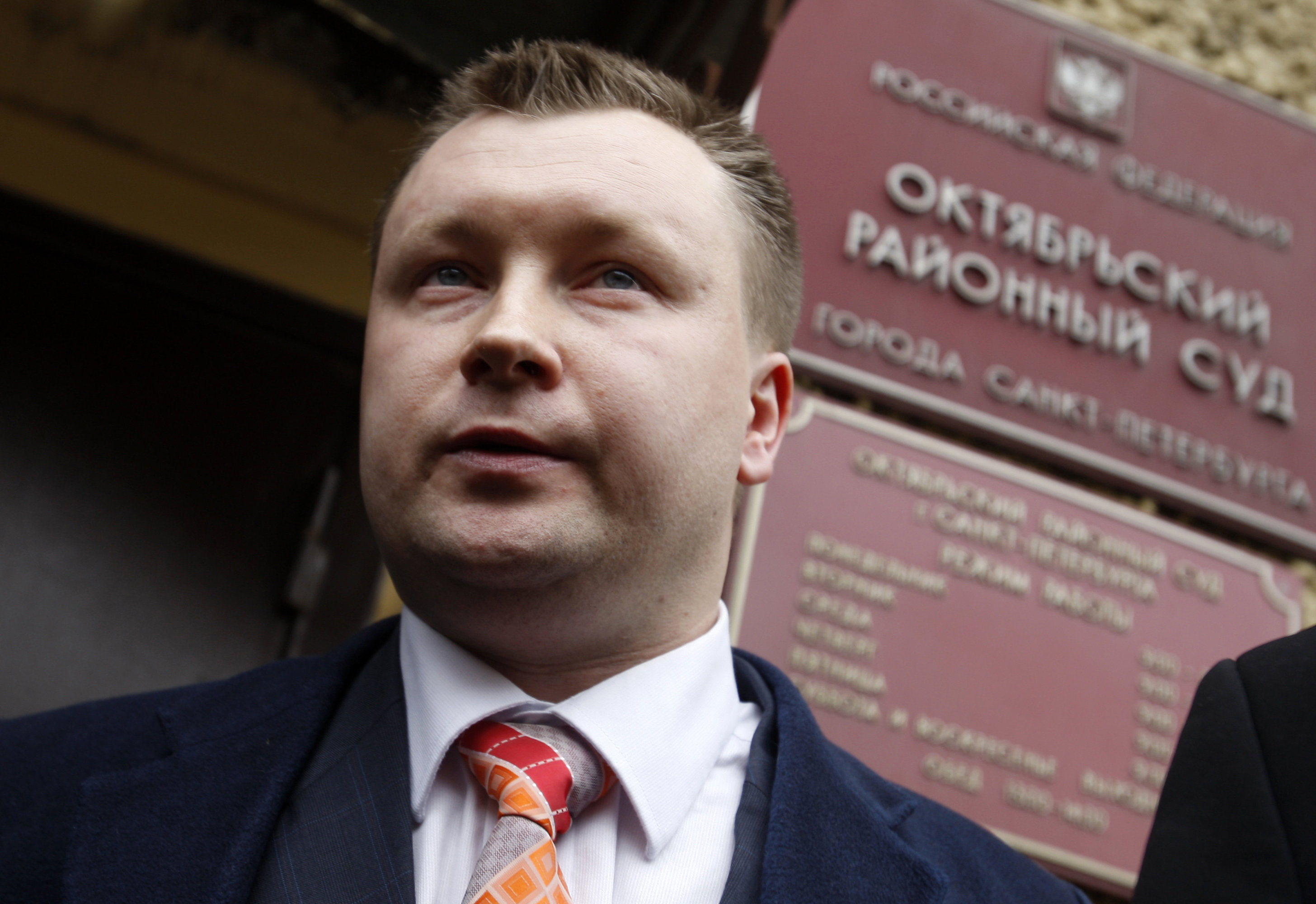STRASBOURG, March 22 - RAPSI. Documents released by the Council of Europe Thursday conveyed tension and a lack of assurance in the course of implementing a 2010 European Court of Human Rights (ECHR) judgment accusing Russia of having disproportionately violated the free assembly rights of sexual minority advocates by repeatedly denying requests by gay rights activists to hold public events.
The Council of Europe’s Committee of Ministers published on Thursday a series of decisions and resolutions adopted during a special human rights meeting held during the first week of March.
Among these decisions was a note that the Alekseyev case remained under consideration based on a plan of action on the matter submitted by the Russian government in late January.
In the original 2010 judgment, which entered into force in 2011, the ECHR held that Russia had violated numerous aspects of the European Convention on Human Rights (Convention) by refusing to sign off on various Moscow gay pride events.
In August 2012, gay rights NGOs submitted documents to the Council of Europe’s Committee of Ministers charging that since the Alekseyev judgment had taken effect, the applicant had tried on numerous occasions to get permission to organize gay rights events, and that all such requests had been denied.
In a meeting held the following month, the Committee of Ministers had established that: “in the vast majority of cases, the competent authorities, in particular in Moscow, refused to agree the time and place for such events, and that the information provided does not allow the Committee to satisfy itself that these decisions were based on a thorough and objective assessment of the situation as required by the Court’s judgment.”
The Russian Government then submitted an action plan explaining that Nikolai Alekseyev, a gay rights campaigner, had failed to be flexible with the dates and locations sought to be sanctioned for gay rights parades.
According to the documents, Alekseyev had sought to hold a gay pride parade in Moscow on a day in May 2012 that coincided with large-scale celebrations for Border Troops Day. Moscow authorities had thus denied the request for fear of security issues.
Russia further noted that Moscow authorities had sanctioned a public event aimed at combatting a wide array of discrimination in June. This event, dubbed “The Burning Hearts March,” was anchored largely in the rights of “sexual minorities.”
According to the action plan, “In summary, where organizers of public events in question agreed their actions with the authorities, trying to act within the framework of the lawful procedures as well as to comply with the rights and interests of other persons, such public events were actually held, including Moscow.”
The Council of Europe decisions published Thursday revealed that the Council of Ministers plans to reassess the decision criticizing Russia’s refusal to sanction rallies based on time and place issues in light of the action plan submitted by Russia.



